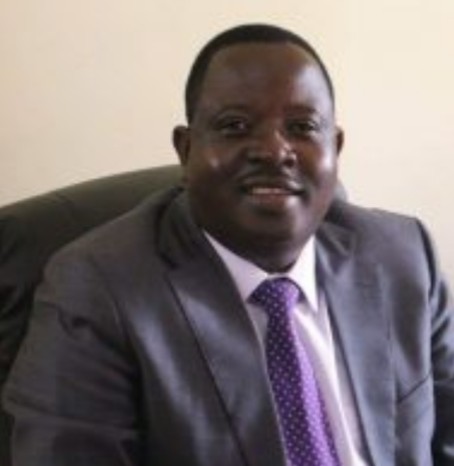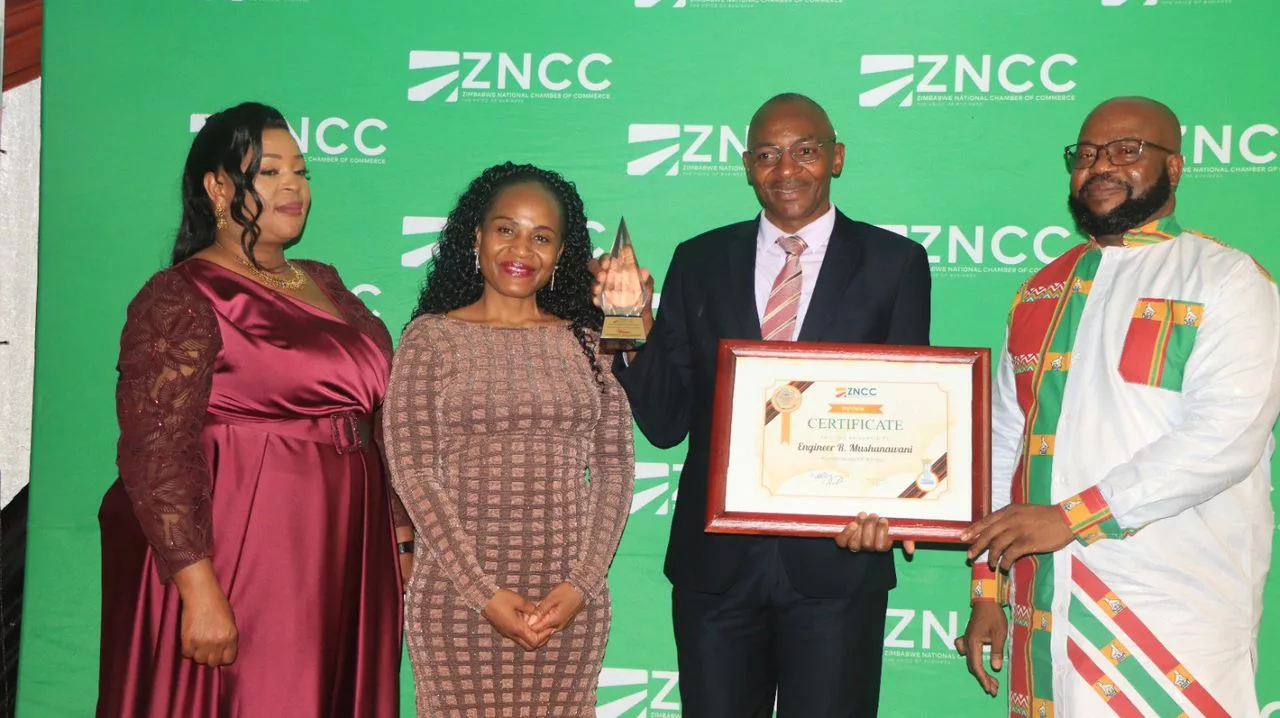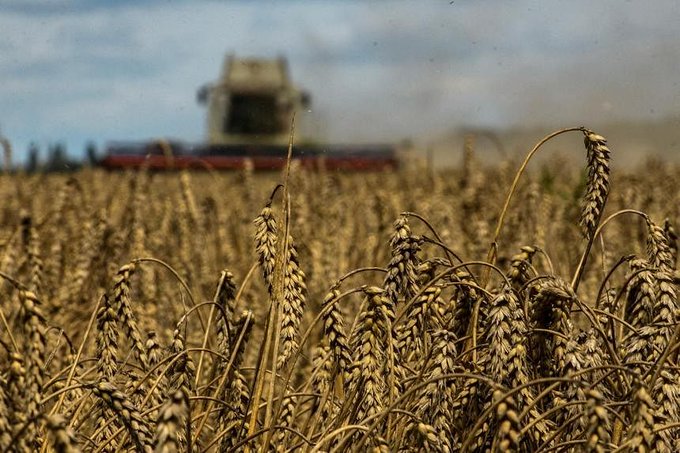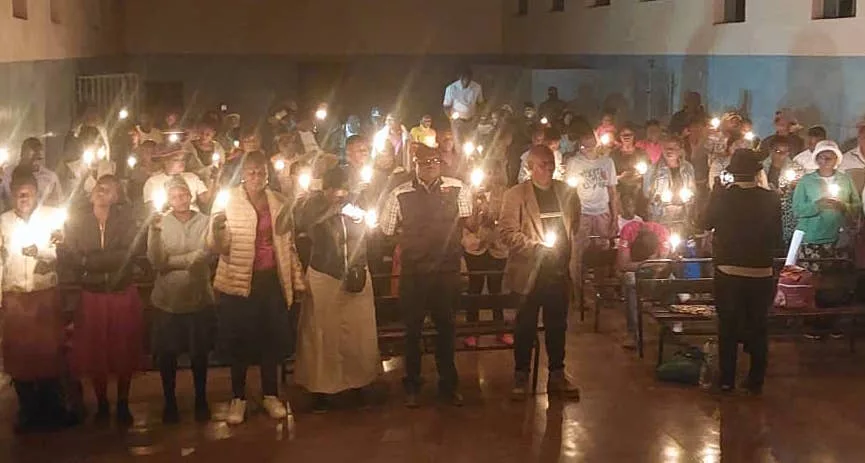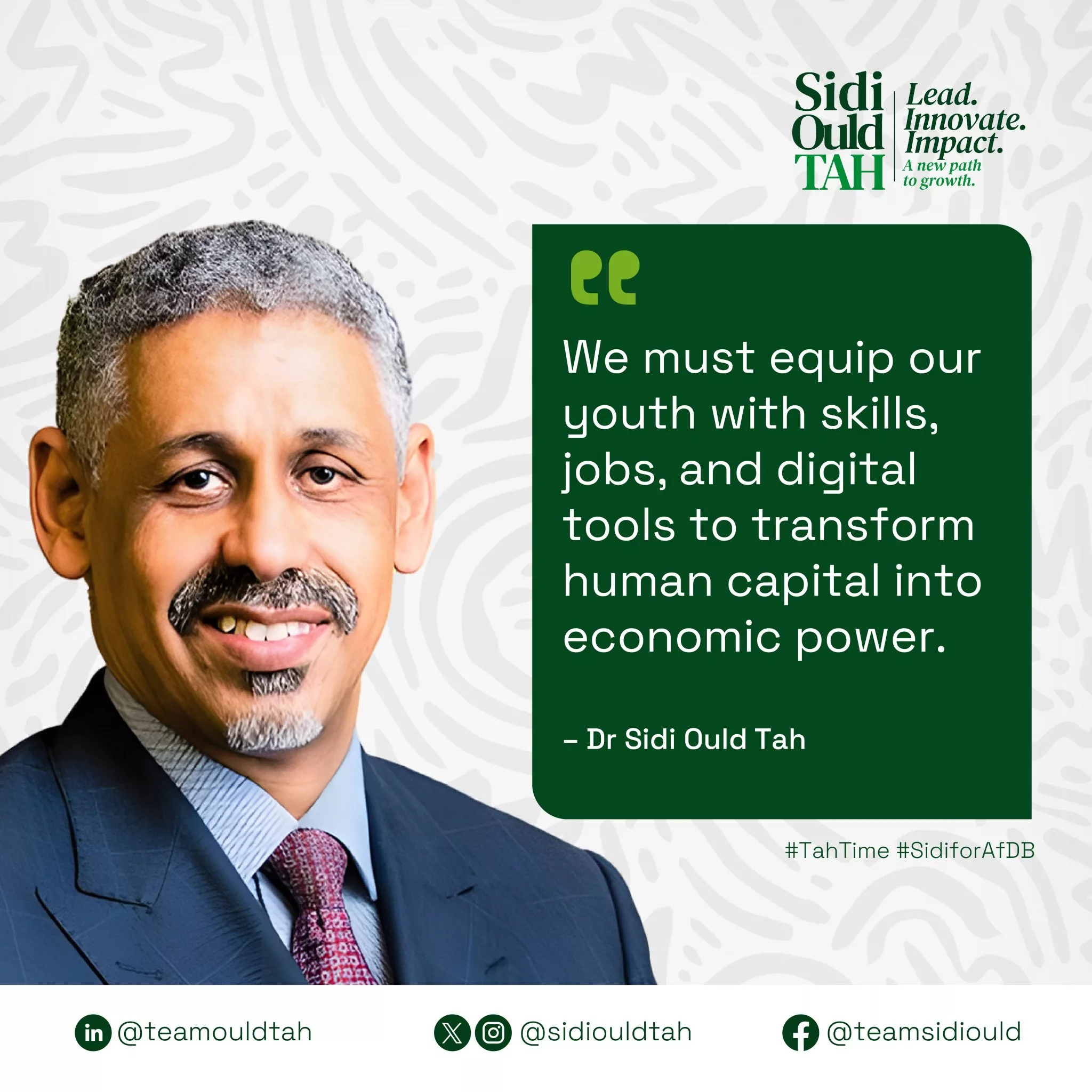|
Getting your Trinity Audio player ready...
|
As the world celebrates World Malaria Day on 25 April 2023! The Community Working Group on Health (CWGH) is calling on the government to invest more domestic funding in malaria prevention, diagnosis and treatment supported by strengthened community-driven awareness initiatives to stop the current malaria-related illnesses and deaths.
In recent years, Zimbabwe has been experiencing a surge in incidences of malaria with some areas which were once malaria-free zones also reporting cases of the disease. At least 59 people have so far died from malaria, while 4 113 new cases have been recorded across the country since the beginning of this year, according to the Ministry of Health and Child Care (MoHCC).
CWGH said this year’s Malaria Day theme: “Time to deliver zero malaria: invest, innovate and implement” aptly summarizes what needs to be done to address this preventable scourge that continues to claim lives in the country.
“In light of the above theme, it is clear that the government must invest more money in malaria education, prevention, diagnosis, treatment, and research. We call upon the government, the private sector, and civil society to pull resources together to ensure the implementation of innovative national strategies to accelerate progress against this age-old disease.
“We also urge the government to continue implementing the World Health Organisation (WHO) recommended prevention strategies such as residual spraying of houses in high transmission areas districts and distribution of treated mosquito nets in areas of medium to the low transmission for free. This must be done with full community engagement to ensure understanding and complete buy-in from the areas where the programmes are implemented.,” CWGH said.
It alluded to worrying reports of some communities that are turning donated mosquito nets into fishing nets. Others use them to fence their homes, gardens, and fowl runs, a development that hinders the fight against malaria. This clearly points to the urgent need to strengthen health promotion programmes in such communities as public involvement, acceptance and ownership of programmes require adequate information.
In that regard, CWGH, therefore calls upon the government to intensify health promotion programmes in partnership with other health stakeholders to stamp out this deadly disease and improve the health and livelihood of citizens. It said programmes should proactively engage with communities and should begin steadily intensifying community engagement and working towards community ownership of the elimination of malaria working in partnership with the implementers.
This means community leaders such as traditional leaders, religious leaders and community health workers, who are seen as dependable sources of health information and influencers, must play key roles in making people accept malaria programmes.
“Continuing to invest in research & development and scaling up country-driven solutions as well as innovations such as real-time data and next-generation nets will help us stay ahead of the mosquito and its killer tactics. Social and gender norms that present barriers to access to healthcare especially among women from poor and vulnerable households who are often primary caregivers should be addressed. These actions to beat malaria must strongly engage communities and the youth including in aspects of advocacy through participatory approaches such as peer-to-peer initiatives. Communities must be at the heart of the malaria response.
“Critically, malaria programmes must be integrated with broader efforts to build stronger systems for health, which are anchored on established community health systems. Further, ending endemic diseases such as malaria will contribute to strengthening fragile health systems and beating pandemics like COVID-19 because ending malaria will reduce the burden on health systems and increase the capacity to detect, prevent, and respond to pandemics. Malaria elimination is possible. Zero malaria is within reach,” Mr. Itai Rusike, the CWGH Executive Director said.


